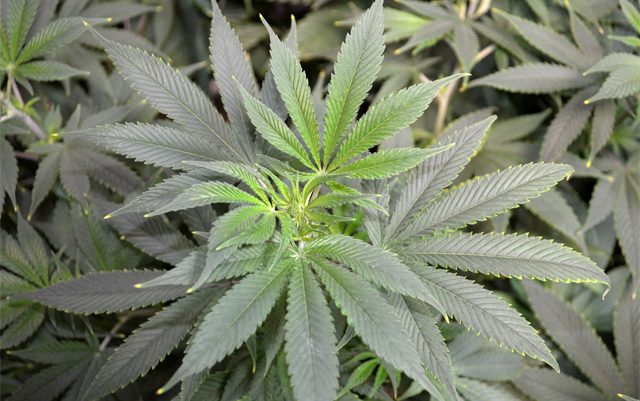A group known as Arizonans for Responsible Drug Policy is claiming that pro-marijuana billboards in Arizona sponsored by Weedmaps are spreading false information about cannabis and want the ads taken down.
The billboards in question highlight the findings of recent studies that show that teen marijuana use in places like Colorado and Washington is not on the rise and that states with medical marijuana programs have seen a decrease in opioid-related deaths. We have reported on both here at The Marijuana Times.
The ARDP says those studies are misleading and outright false. To back up their claim, the ARDP cites reports issued by the Rocky Mountain High Intensity Drug Trafficking Area (RMHIDTA), reports they say show that marijuana-related traffic deaths and teen use are both on the rise. The problem, however, is that the HIDTA program is federally funded and its specific purpose is to oppose marijuana legalization. From Paul Armentano of NORML:
The HIDTA program was created by Congress as part of the Anti-Drug Abuse Act of 1988 and operates in coordination with the White House Office of National Drug Control Policy. The ONDCP publicly opposes marijuana regulatory efforts in Colorado and in other states, and by statute, the agency is explicitly required to do so. Specifically, according to Section 704 of the 1998 Office of National Drug Control Reauthorization Act, part b: Responsibilities of the Director, the office “shall ensure that no federal funds appropriated to the Office of National Drug Control Policy shall be expended for any study or contract relating to the legalization (for a medical use or any other use) of a substance listed in schedule I of section 202 of the Controlled Substances Act (21 U.S.C. 812) and take such actions necessary to oppose any attempt to legalize the use of a substance (in any form) that – (A) is listed in schedule I of section 202 of the Controlled Substances Act (21 U.S.C. 812).”
… John Hudak, a senior fellow at the non-partisan Brookings Institute in Washington, D.C., has publicly described RMHIDTA reports as “garbage” — stating that they are “notorious for using data out of context or drawing grand conclusions that data ultimately do not support.”
More about the inaccuracies of these reports can be found here and here and here.
“Our billboards provide communities with cited facts about the social effects of legalizing cannabis,” Carl Fillichio, a spokesperson for Weedmaps, wrote in an email to Phoenix New Times. “It is our goal to foster informed discussion among residents, community leaders and elected officials, and encourage more research and debate from people on both sides of the issue.”
And therein lies the crux of the problem. The federal government doesn’t want an “informed discussion” about cannabis. They, and prohibitionists everywhere, know that is a discussion they won’t come out on the winning end of.






